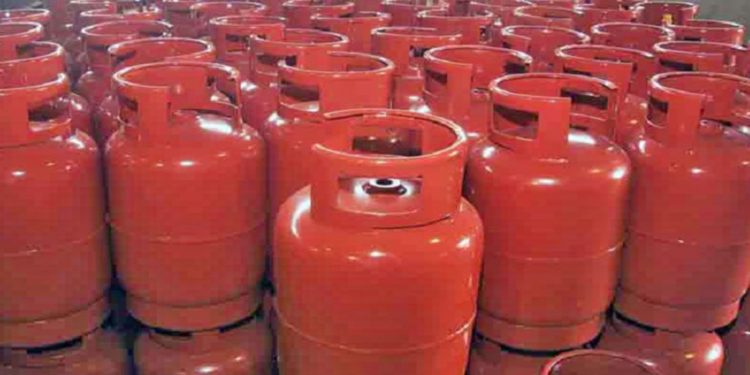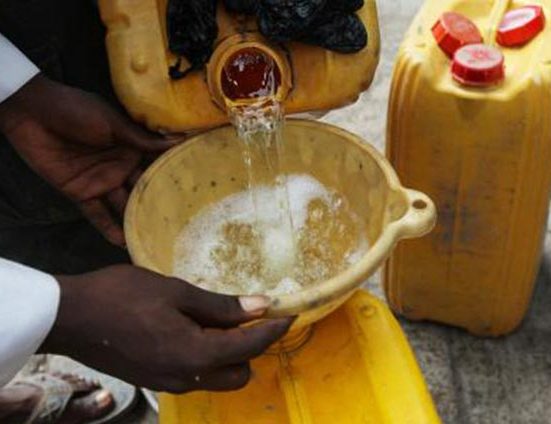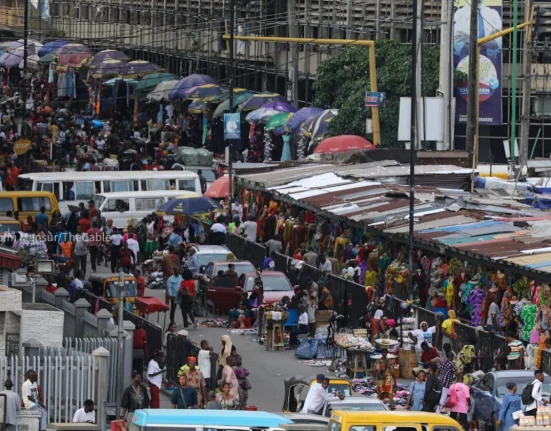Abuja, August 1, 2025
The National Bureau of Statistics (NBS) has revealed a sharp increase in the average cost of refilling a 5-kilogram cylinder of Liquefied Petroleum Gas (LPG), commonly known as cooking gas, which rose to ₦8,323.54 in June 2025.
This figure marks a significant month-on-month increase from the ₦7,577.35 recorded in May 2025, representing a rise of 9.86%. On a year-on-year basis, the price has surged by 70.38% from ₦4,887.47 in June 2024, highlighting the sustained pressure of inflation on household energy expenses.
According to the NBS report titled “Liquefied Petroleum Gas (Cooking Gas) Price Watch”, the upward trend was recorded across all geopolitical zones, with the South-East recording the highest average price of ₦9,347.50, followed by the South-West at ₦8,732.41. Conversely, the lowest average price was recorded in the North-East at ₦7,270.85.
At the state level, Anambra topped the list with the highest average cost per 5kg refill at ₦9,850.00, trailed by Ogun (₦9,500.00) and Lagos (₦9,330.00). Meanwhile, Borno posted the lowest average price at ₦6,800.00, followed by Yobe (₦7,000.00) and Bauchi (₦7,200.00).
Analysts attribute the continued rise in cooking gas prices to a combination of factors, including rising international market prices, exchange rate volatility, and lingering domestic supply constraints. Stakeholders also cite increased demand during the rainy season, disruptions in local distribution chains, and logistics challenges as contributing elements.
The steep price increase has raised concerns over affordability, especially for low-income households already grappling with general inflation, high transportation costs, and food price hikes. Consumer advocacy groups have called on the government to intervene by easing import bottlenecks and encouraging local LPG production.
The NBS report comes amid the federal government’s ongoing efforts to deepen the use of clean energy for cooking through subsidy reform and gas policy implementation. However, the rising cost trajectory may pose a threat to energy transition goals, as many households may revert to using firewood or charcoal, options that pose environmental and health risks.
As prices continue to climb, industry observers are urging both regulators and stakeholders to address structural inefficiencies in the LPG value chain and explore mechanisms to stabilize prices and improve affordability for Nigerian families.



